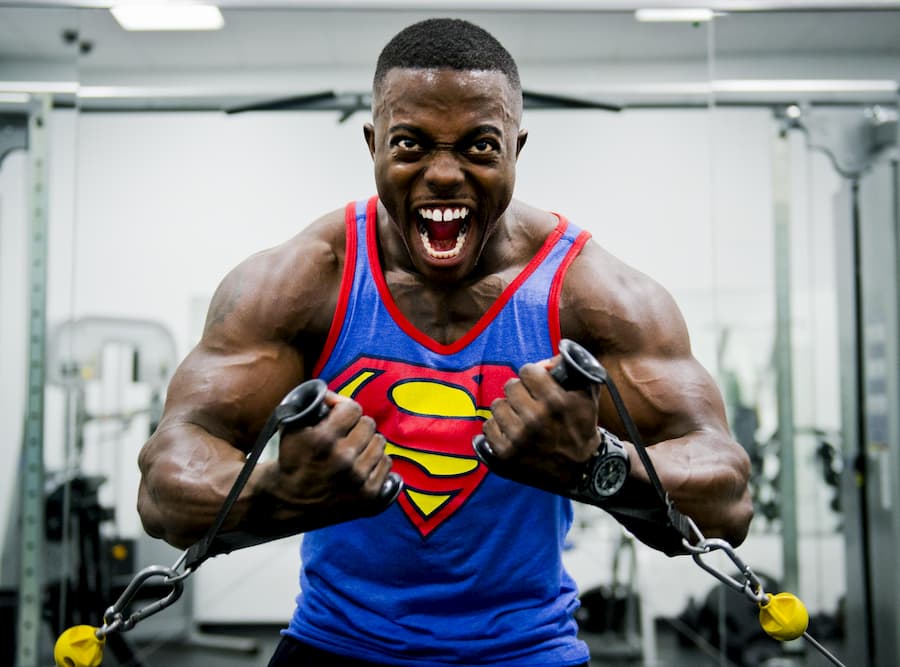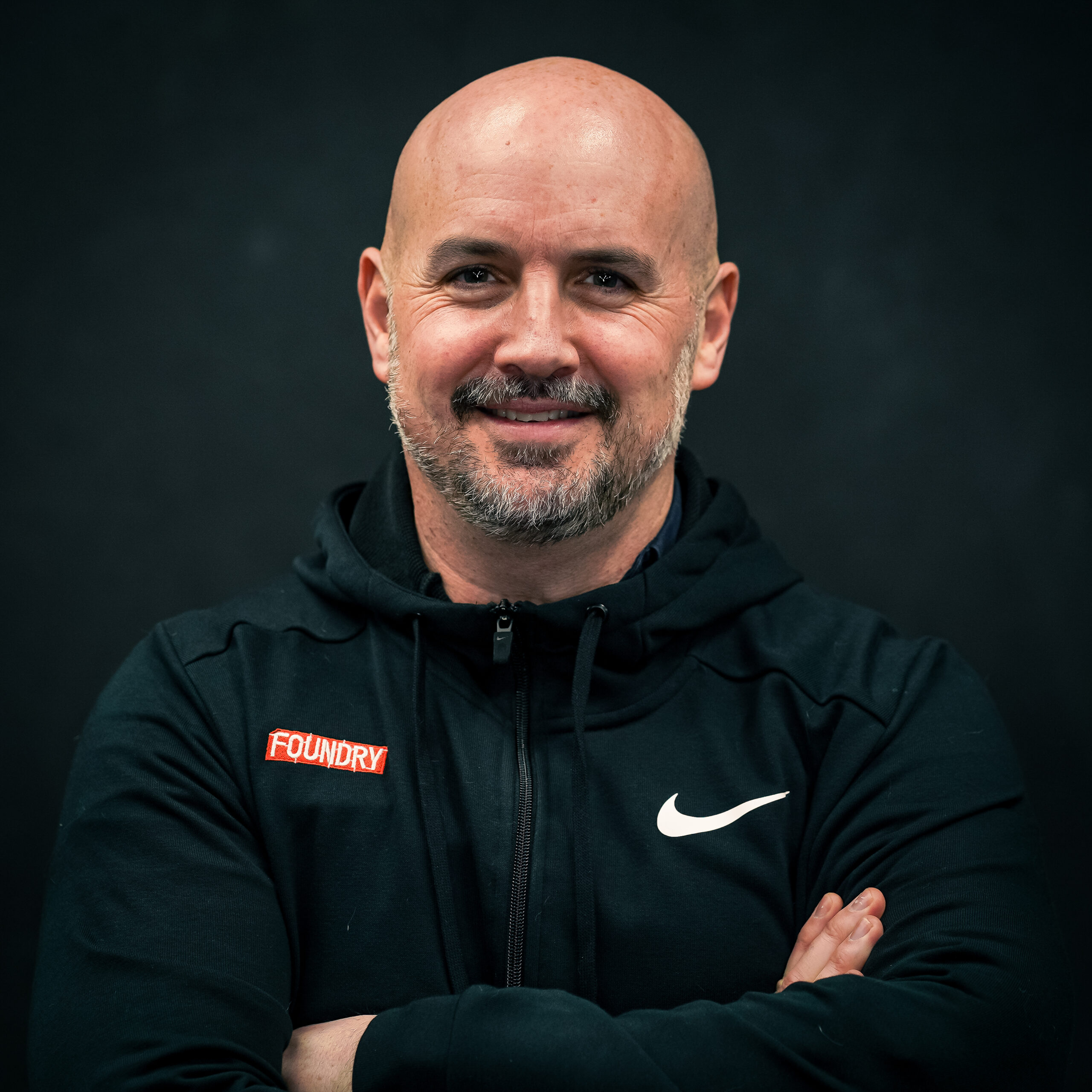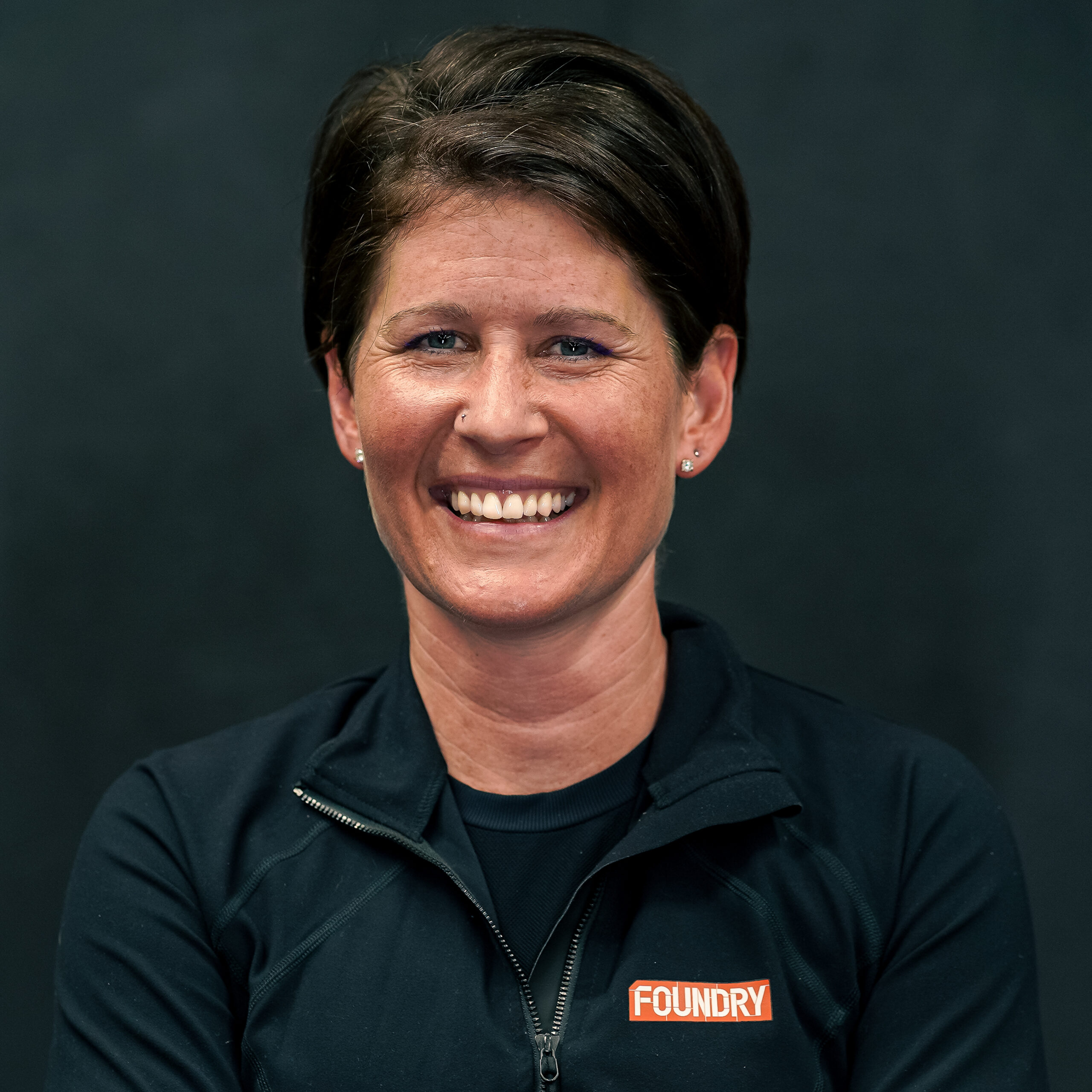
Categories
Is Your Personal Trainer More Than Just a Meathead?
You’ve decided it’s time to focus on your training and you recognise investing in a personal trainer could help you achieve your goals. It’s a big step and requires financial, physical and emotional commitment beyond embarking on an ad hoc fitness regime in a mainstream gym.
The most important decision is choosing your Personal Trainer. Finding one who understands your goals and your body and what makes you tick is absolutely vital and is critical to your success.
5 things you should look at when making your decision:
Evaluation
Personal training should be just that, personal, not some out-of-the-box programme with a bunch of exercises thrown together. Your trainer should carry out a screening or evaluation to see where you’re at in terms of mobility and movement, to get a baseline.
It needn’t, and shouldn’t be too in-depth and complicated, but from a basic screening they should be able to write a programme that addresses any imbalances in your body and ensures that you get the results that you want, whilst staying injury free.
In my opinion, this is one of the most important aspects of personal training, yet it is one area that many trainers overlook with new clients. If they do not assess, how can they truly know a programme is right for you? For example, if someone has mobility issues but the trainer doesn’t recognise them, how can they be confident that this is best program for the client?
If your trainer is not assessing, they’re guessing.
Which means less effective programming and increased risk of training induced niggles. Find a trainer who takes the time to get a baseline.
Body Composition Testing
Any competent personal trainer should be able to accurately do body composition testing, either with callipers or some fancy machine – we can do both at W10 Personal Training Gym – which will allow you and them to get an idea of what you are currently made up of in terms of fat, muscle, water and how this is all distributed.
This isn’t just about fat loss it is also hugely beneficial for any fitness programme and goal as it provides tangible markers of progress. It helps you trainer and you work together to progress your programme, to ensure that you get the results that you want.
If your goal is fat loss, even using a tape measure to take circumference readings will suffice. You need some tangible markers to track progress and keep you and your trainer accountable, so if your trainer doesn’t offer this then think again about using them.
Nutritional Advice
People will often say that nutrition is 80% of the battle when it comes to getting into shape, but in the beginning I would say that it even more important, perhaps 90% if we want to use percentages to emphasise importance!
The fact of the matter is that unless you are a full-time athlete, you cannot out-train a bad diet – and even then, it wouldn’t be advisable. And it’s not just about calorie counting – it’s about providing the body with all of the raw materials that it needs to make changes.
Nutritional advice should be part of the service to the client. Something as simple as keeping and evaluating and food diary makes a huge difference, especially in the first two or three weeks. At the very least you should expect to be given some basic nutritional guidelines and asked to keep a food diary.
Some trainers will be able to go beyond this, but at the beginning it is unlikely that you’ll need to get to specific. Approach your nutrition in stages, like those in our W10 Food Stages model, and do things progressively. Your diet should never be extreme (unless of course you have extreme goals) and it should always be tailored to fit in with your current lifestyle.
The more realistic and sustainable the diet, the better results you will get.
Periodised Programming
Going to the gym and doing something different each time will burn a few calories and will keep you entertained, but it is not the best way to get results, especially long-term. Anything will work at the outset, but you need to progressively change things if you want to see continued progress and changes in your body.
The body needs to be regularly exposed to a new stimulus in order for it to adapt and change. You need to change things up, but if this stimulus is changing without any real thought or structure, what you do will just end up being a ‘tank-emptier’.
A good programme should change periodically, say every four to six workouts, or until you are no longer making progress. After this time the body will have adapted to the stimulus and the programme needs changing.
It is also important to change the focus from programme to programme. Your overall goal may be fat loss for example, but your programme should still change from periods of strength focus, to cardio focus, or to muscle building focus for example.
This will be far more effective over the longer-term and will also ensure that you don’t get bored!
Progress and seeing results come from individualised programmes and what works for one person might not work for the other. If we don’t know what we’re doing, we don’t know what works, and we can’t change things accordingly. A good programme needs to be properly structured.
Trainer, not agony aunt
When you invest in personal training, it is for you and your benefit, not that of your trainer. If you’re going to spend your time and money on a trainer, make sure that it’s about you and your goals, not a chance for your trainer to off-load their personal problems. This might seem obvious and an odd point to include, but this is something that happens regularly.
You are there to get train, not be a sounding board. If you are serious about your investment, and you should be, make sure that your trainer is punctual, delivers what they say they will on time, and treats your relationship like a professional one.
Rapport is a major part of a successful personal training relationship, but you need a degree of separation and it is probably best if it doesn’t overspill into a regular ‘rent-a-friend’ and ‘let’s go for coffee’ kind of arrangement. You won’t get what you went for in the first place, which is a waste of time and money.
You want to hire a trainer to help you on your journey and it should be a professional agreement. At W10 Performance we change the trainer regularly, so that we don’t get into an overly comfortable trainer-member relationship. It keeps things fresh, and keeps people progressing.
That’s not to say that we don’t want to know how your day’s been, but you’re here for a hour, so let’s get the most out of it!
Final Thoughts
It’s a given that all of the things that I’ve mentioned are things that we do at W10 Performance, except for the agony aunt bit of course, because we think it’s important that people get what they come for.
We spend an inordinate amount of time behind the scenes talking about people’s programmes, how we can help them improve, overcomes roadblocks and enjoy their overall gym time as much as possible. It’s important to all of us and for our members and their goals.
The bottom line is that if your trainer does not do the professional bits, you won’t get the outcomes that you’re after. Make your decision an objective one and go to a trainer whom you think can help you get the outcomes that you’re after.
Ask yourself what is the facility is like, what their results history is and what they do in terms of programming; then ask yourself what this is likely to mean for you and the goals that you have.
Our mission is to help people live their best lives outside of the gym by providing the best possible standards of personal training in London.
Related Articles
- How to Find A Good Personal Trainer
- Should my Personal Trainer Make Me Sick?
- Do I Need Personal Training To Get In Shape?
- Progressive Personal Training Programming
- Achieve Your Fitness Goals: London’s 5 Best Personal Training Gyms


